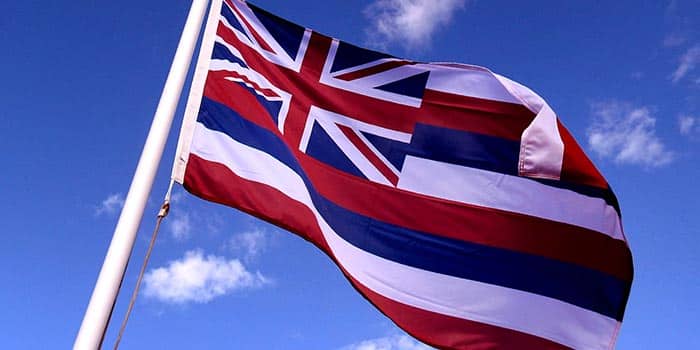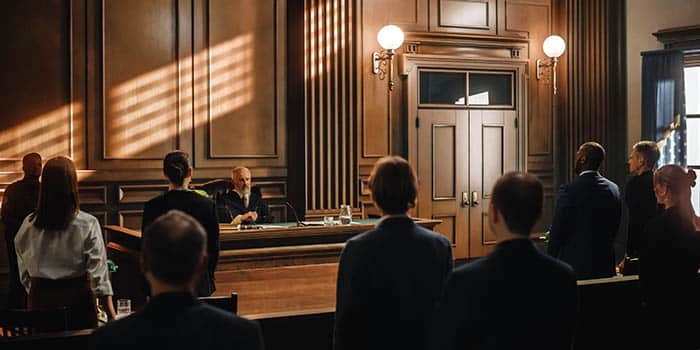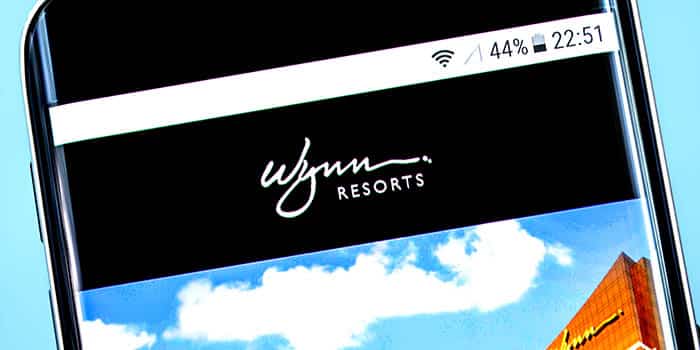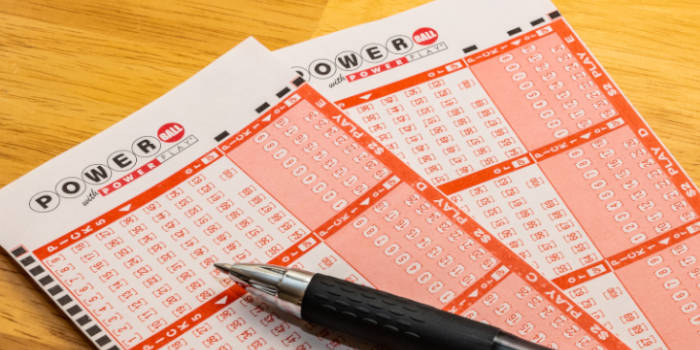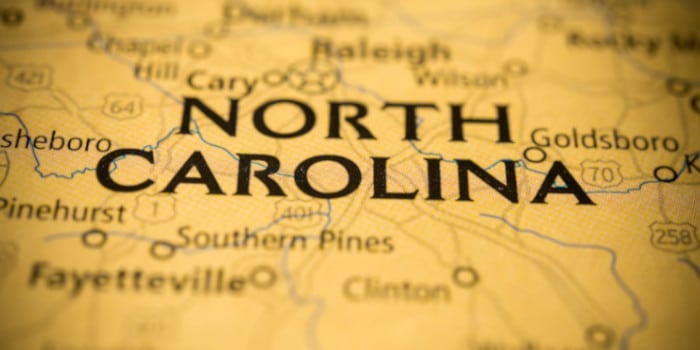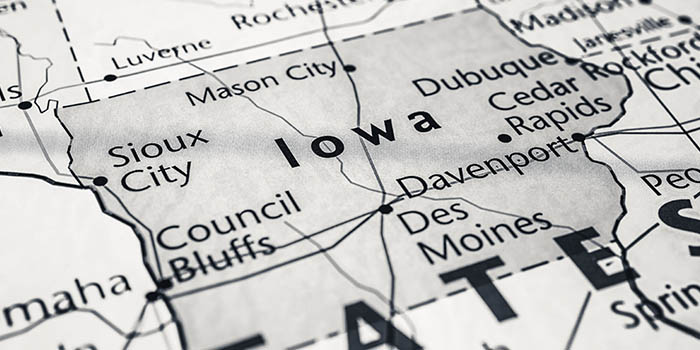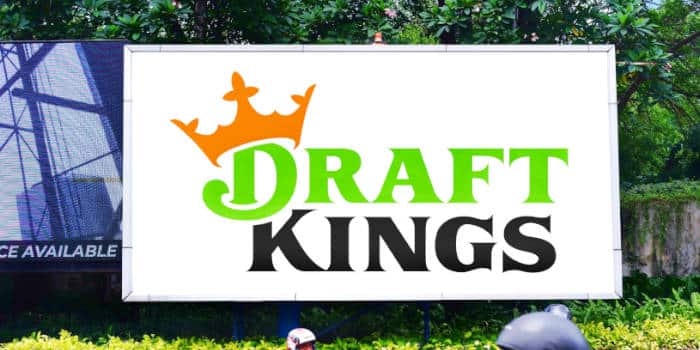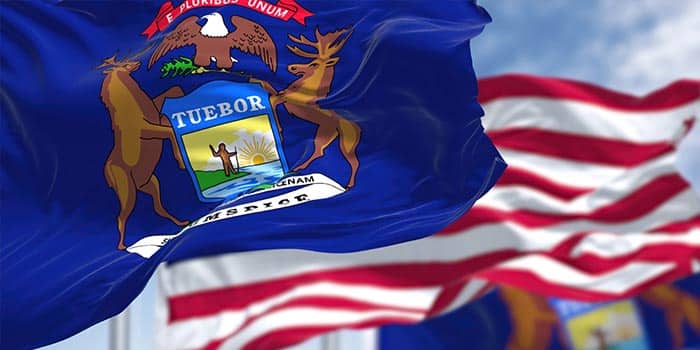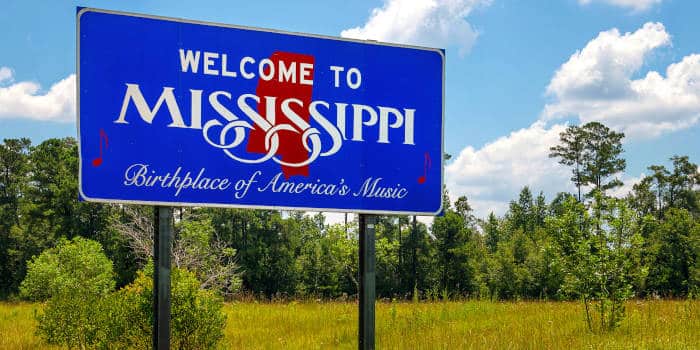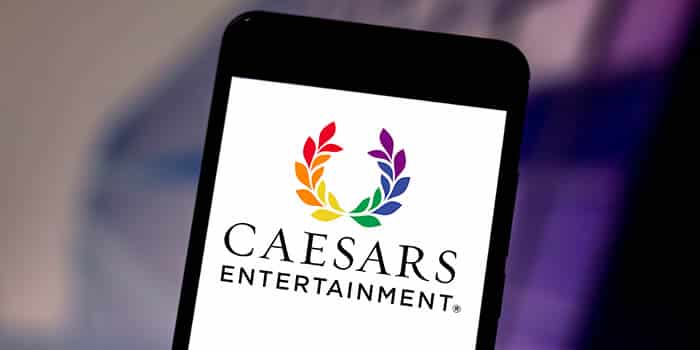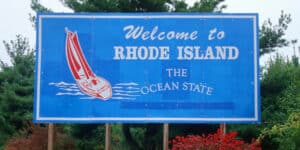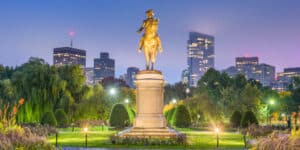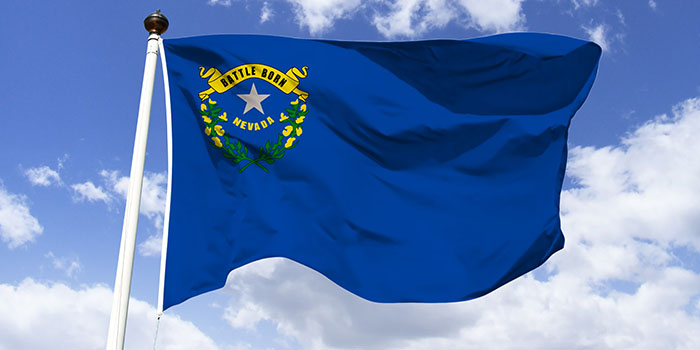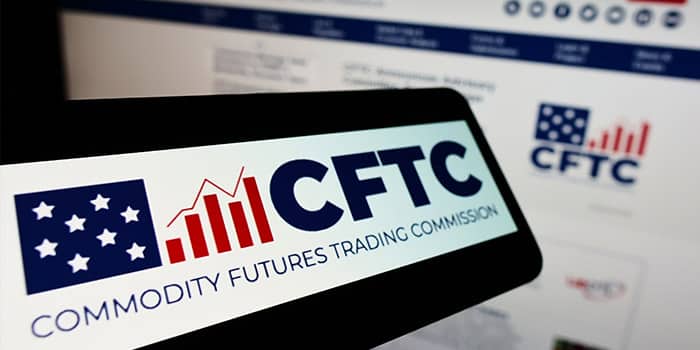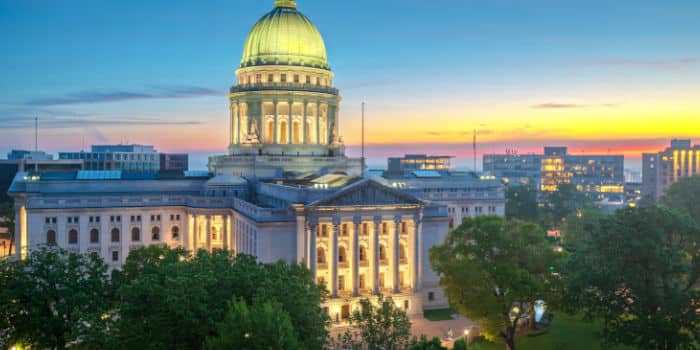Fact-checked by Angel Hristov
Rep. Benninghoff Unveils HB 1619 as Pennsylvania’s Skill Games Debates Continue
Benninghoff’s House Bill 1619 rejects the various calls for a tax and proposes no additional taxes or fees, including amusement taxes
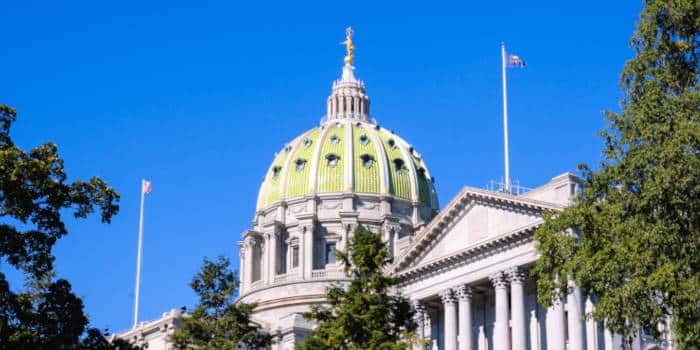
As the skill games debate in Pennsylvania continues, one representative introduced a new legislative measure that would exempt the vertical from an additional tax, in stark contrast to other similar measures.
Benninghoff Submits Skill Games Legislation with No Additional Tax
Pennsylvania looks ready to legalize skill games, ending the industry’s years of operating in the gray market. However, the question now is how to proceed as lawmakers seem to disagree on the fine details.
Earlier this month, lawmakers discussed how skill games should be taxed, largely failing to reach an agreement. Whereas Gov. Josh Shapiro demanded a higher tax, Sen. Chris Gebhard sought the middle ground, proposing a more moderate approach.
Now, Rep. Kerry Benninghoff of House District 171 has introduced another proposal that doesn’t include any special tax on skill games. This proposal contrasts Gov. Shapiro’s position greatly as the PA leader had previously looked for a staggering 52% tax.
Benninghoff’s House Bill 1619 rejects the various calls for a tax and proposes no additional taxes or fees, including amusement taxes. The measure reads:
No additional taxes or fees, including amusement taxes, shall be imposed on the placement or operation of a skill game or on the revenue generated by a skill game terminal unless specifically authorized under this act.
HB 1619 excerpt
However, skill game operators would still have to pay a sales tax and a personal income tax, as they already do.
Skill Games Companies Would Have to Pay for a License
Under HB 1619, businesses interested in operating skill games should secure a license. Licenses would last 10 years and would vary in cost. For example, skill game distributors would have to pay $50K for a license and $25K for renewal, whereas operators would only pay $5K for a license and $1K for renewal instead. Establishments, on the other hand, would only have to pay $250 for both acquiring and renewing a license.
HB 1619 would furthermore limit the number of machines each location can host, although it doesn’t specify these limits.
HB 1619 will go up against Shapiro’s calls for a 52% rate, Gebhard’s 35% tax, and Sen. Gene Yaw’s 16% proposed rate.
Although Fiona doesn't have a long-spanning background within the gambling industry, she is an incredibly skilled journalist who has built a strong interest in the constantly growing iGaming network. The team at Gambling News is glad to have her on our roster to help deliver the best stories as soon as they hit. Aside from writing, she loves to dabble in online casino games such as slots and roulette, both for her own enjoyment and also as research to better improve her understanding of the industry.
